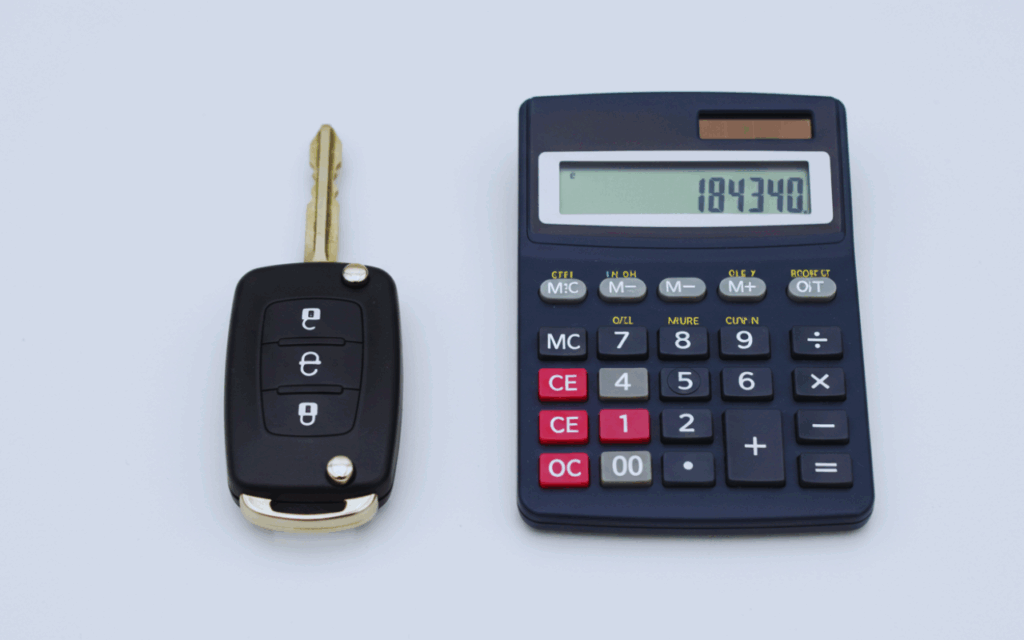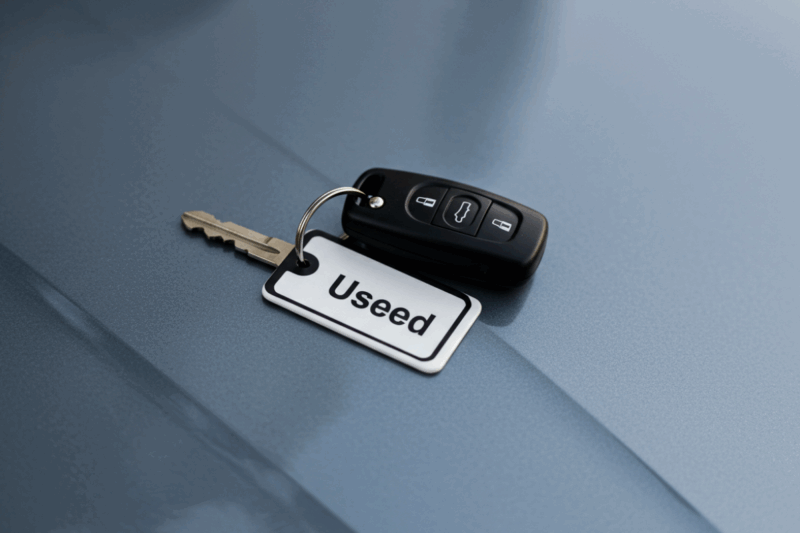Deciding between leasing or buying a car can feel like a big decision, especially when you’re trying to balance your budget, lifestyle, and long-term goals. Both options come with their own set of advantages and disadvantages, and understanding them can help you make the choice that’s best for you. Let’s break it down in a friendly and easy to understand way.

What Does It Mean to Lease or Buy a Car?
→ Before diving into the pros and cons, let’s clarify what leasing and buying actually mean:
- Leasing: Think of leasing as renting a car for a set period, usually 2-3 years. You make monthly payments to use the car, but you don’t own it. At the end of the lease term, you return the car or have the option to purchase it.
- Buying: When you buy a car (whether outright or through financing), you own it. If you take out a loan, you’ll make monthly payments until it’s paid off, and then the car is fully yours to keep.
Pros and Cons of Leasing a Car
Pros of Leasing
- Lower Monthly Payments: Leases often come with lower monthly payments compared to financing a car loan. This can make driving a newer, more expensive car more affordable.
- Newer Cars, More Often: Leasing allows you to drive a brand-new car every few years. If you love having the latest features and tech, leasing is a great option.
- Fewer Maintenance Worries: Most lease terms coincide with the car’s warranty period, so major repairs are typically covered.
- No Long-Term Commitment: At the end of the lease term, you can simply return the car and walk away or lease another one. This is ideal if you don’t want to deal with selling or trading in a vehicle.
Cons of Leasing
- You Don’t Own the Car: At the end of the lease, you don’t have an asset to show for your payments. It’s like renting an apartment instead of owning a home.
- Mileage Limits: Leases come with mileage restrictions (typically 10,000–15,000 miles per year). If you exceed this limit, you’ll face additional fees.
- Wear-and-Tear Charges: You may be charged for excessive wear and tear on the vehicle when returning it.
- No Customization: Since you don’t own the car, you can’t make modifications or personalize it.
Pros and Cons of Buying a Car
Pros of Buying
- Ownership: Once you’ve paid off your loan, the car is yours! You can keep it as long as you want without monthly payments.
- No Mileage Limits: Drive as much as you like without worrying about penalties.
- Freedom to Customize: Want to add a spoiler or upgrade the sound system? Go for it your car, your rules.
- Long-Term Savings: While monthly payments may be higher initially, owning a car outright can save money in the long run compared to leasing repeatedly.
Cons of Buying
- Higher Monthly Payments: Financing a car typically costs more per month than leasing.
- Depreciation: Cars lose value over time, especially in the first few years. If you plan to sell or trade in your car later, its value may be lower than expected.
- Maintenance Costs: After the warranty expires, repair costs are entirely your responsibility.
- Long-Term Commitment: Selling or trading in a car can be time-consuming if your needs change.
Cost Breakdown [Leasing vs. Buying]
→ Let’s look at an example to compare costs:
- Leasing Example:
- Monthly payment: $350
- Lease term: 3 years (36 months)
- Total cost over 3 years: $12,600 (plus possible fees for mileage or wear-and-tear)
- Buying Example (Financed):
- Car price: $25,000
- Loan term: 5 years (60 months)
- Interest rate: 4%
- Monthly payment: ~$460
- Total cost over 3 years: ~$16,560 (but you still own the car after this period)
As you can see, leasing is often cheaper in the short term but doesn’t build equity in the vehicle like buying does.
Which Option is Right for You?
The choice between leasing and buying depends on your personal situation and priorities. Here are some questions to ask yourself:
- How Much Do You Drive?
- If you drive long distances regularly, buying might be better since leases have mileage limits.
- If your driving is minimal or predictable, leasing could work well.
- Do You Like Having New Cars?
- Leasing is perfect for those who enjoy driving the latest models with updated features.
- If you’re okay with sticking to one car for many years, buying makes more sense.
- What’s Your Budget?
- Leasing generally offers lower upfront costs and monthly payments.
- Buying requires more financial commitment upfront but could save money over time.
- How Long Do You Plan to Keep the Car?
- Leasing works well if you want flexibility and don’t plan to keep a car long-term.
- Buying is ideal if you see yourself driving the same car for many years.
The Bottom Line
There’s no one-size-fits-all answer when it comes to leasing vs. buying a car, it all depends on your lifestyle, financial situation, and what’s most important to you. Leasing offers flexibility and lower short-term costs but doesn’t provide ownership. Buying gives you long-term value and freedom but comes with higher upfront expenses.
Take some time to assess your needs and crunch the numbers before making your decision. Whether you end up leasing or buying, remember that both options can get you behind the wheel of a car that fits your life, so enjoy the ride.


![How to Get the Best Deal at a Car Dealership [Without Being Ripped Off]](https://autoreviewzone.us/wp-content/uploads/2025/06/how-to-get-the-best-deal-at-a-car-dealership-without-being-ripped-off-800x533.png)
![[Electric Cars vs Hybrid Cars] Which One Should You Buy?](https://autoreviewzone.us/wp-content/uploads/2025/06/electric-cars-vs-hybrid-cars-which-one-should-you-buy-800x533.png)